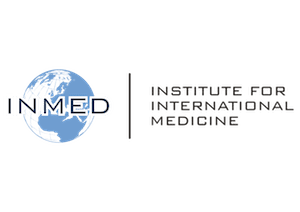Overview
This medical ministry serves the indigenous Miskito people of eastern Honduras via an active outpatient service and a public health program that focuses on prenatal care, midwife education, nutrition, vaccination, and HIV detection and prevention. The hospital averages about 10-20 inpatients, and provides obstetrics care and general surgery. The goal is excellent, compassionate care in the context of spiritual support and limited resources.
Students must be able to function independently in Spanish, and will participate in the full array of clinical services. Clinica Morava’s three full-time physicians complement each other with their skills and experience, and offer learners insights into the relationships between health in its social and cultural context. More than one hundred medical students and residents have worked at Clinica Morava since it was opened in about 1950.
